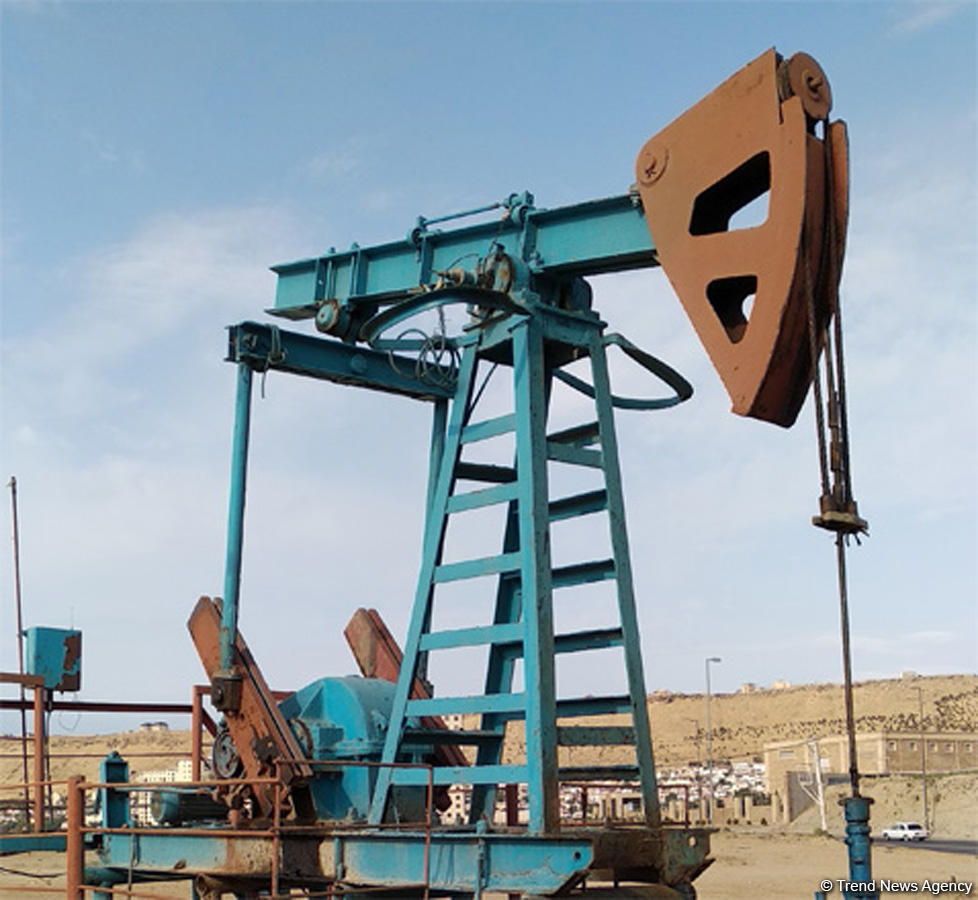
PAKISTAN’S Constitution allows only one avenue to challenge the outcome of an election to the national parliament or a provincial assembly and that is through an election petition to be decided by an election tribunal appointed by the Election Commission of Pakistan (ECP). Article 225 is quite emphatic in this regard and states: “No election to a House or Provincial Assembly shall be called in question except by an election petition presented to such tribunal and in such manner as may be determined by Act of Parliament.” It means that the system of election dispute resolution relies exclusively on the election tribunals for a timely outcome of poll petitions.
It also means that if the tribunals fail in their duty of timely adjudication, the entire edifice of providing justice to poll contestants, who feel they have been wrongly declared as defeated, crumbles, leading to frustration, street agitation, the further choking of the judicial system, and loss of public faith in the poll-related justice system — all serious consequences for Pakistan’s democracy and peace. Section 148(5) of the Elections Act, 2017, allows a maximum of 180 days to the tribunals to decide each petition, from the date of its filing. Earlier, the tribunals were allowed a maximum of 120 days but this period was increased through the Elections (Second Amendment) Act in August 2023.

The timely disposal of poll petitions was the main objective of creating a system of dedicated election tribunals to deal with poll petitions, otherwise the law could have directed the petitioners to directly approach the high courts as is the system in India. Pakistan has experimented with the tribunals comprising sitting judges of the high courts only and tribunals headed by retired judges. The Elections Act, 2017, provided for sitting high court judges only to act as election tribunals but an amendment via a presidential ordinance in May 2024, opened the possibility of appointments of retired judges too as election tribunals.
Despite having a system of dedicated tribunals, inducting sitting or retired judges as tribunals and fixing a deadline of 120 and later 180 days to decide election petitions, the deadlines have hardly been respected and many petitions linger even till the time the legislatures are dissolved for the next election, thus failing the very purpose for which the elaborate architecture of electoral disputes resolution system was put in place. The number of election tribunals had also been fluctuating between 31 in 2008 to 14 in 2013 over the past elections. The average case load of the tribunals had been varying from as low as nine petitions per tribunal constituted after the 2008 election to as high as 28 petitions after the 2013 general poll.
Each tribunal has a well-defined geographical area of jurisdiction. The ECP had notified 15 election tribunals in February 2024 soon after the general election as per the norm. Surprisingly, while four tribunals were notified for Sindh, five for KP, three for Balochistan and one for Islamabad Capital Territory, conforming more or less to past practice, only two tribunals were notified for Punjab — way below the size of the province, the expected load of petitions and past number of tribunals.
It is reported that the ECP had requested the Lahore High Court chief justice of the time to appoint nine tribunals for Punjab but he did not oblige. Thus began a long-drawn legal battle between the ECP and LHC, which first led to an amendment in the Elections Act to provide for tribunals comprising retired judges and later litigation over which of the two institutions had the power to finally appoint the tribunals. Ultimately, the Supreme Court decided the case in favour of the ECP in September this year and eight election tribunals for Punjab were notified on Oct 3, 2024, delaying the entire process of deciding election petitions by almost seven months.
This serious setback raises a number of questions about the way our top institutions operate and the inefficiency that pervades our justice system. While the allotted time of six months to decide election petitions by all tribunals except in Punjab is already over, only 60, or 17pc, of the petitions could be decided by Nov 15, as reported in a recent Fafen report. Even if we exclude the election petitions of Punjab, the efficiency of the remaining 15 tribunals is not enviable as they could decide only 50 of the 179, or merely 28pc, petitions during the time available to them according to the law.
Given the fact that the Supreme Court has been allowed an additional six months to decide the appeals to be filed to challenge the tribunal judgments, a significant part of the assemblies’ term would be over by the time a final verdict is delivered. Most experienced election candidates, therefore, rightly conclude that no matter what means are employed to win the election, the result is not going to change in the legal process following the declaration of the result. Therefore, the element of fear from ‘the long arm of justice’ has almost disappeared making most of the electoral contests a free-for-all.
There is need for introspection and accountability to address this grave situation. One may disagree with many aspects of the 26th Amendment recently passed by parliament but the provision for annual performance evaluation of the judges of the high courts seems justified. It is not clear what criteria or key performance indicators will be decided by the Judicial Commission for such an exercise, but it will be appropriate to include efficiency in deciding election petitions as one of them to judge the performance of the honourable high court judges.
The writer is president of the Pakistan-based think tank Pildat. [email protected] X: @ABMPildat Published in Dawn, November 24th, 2024.










